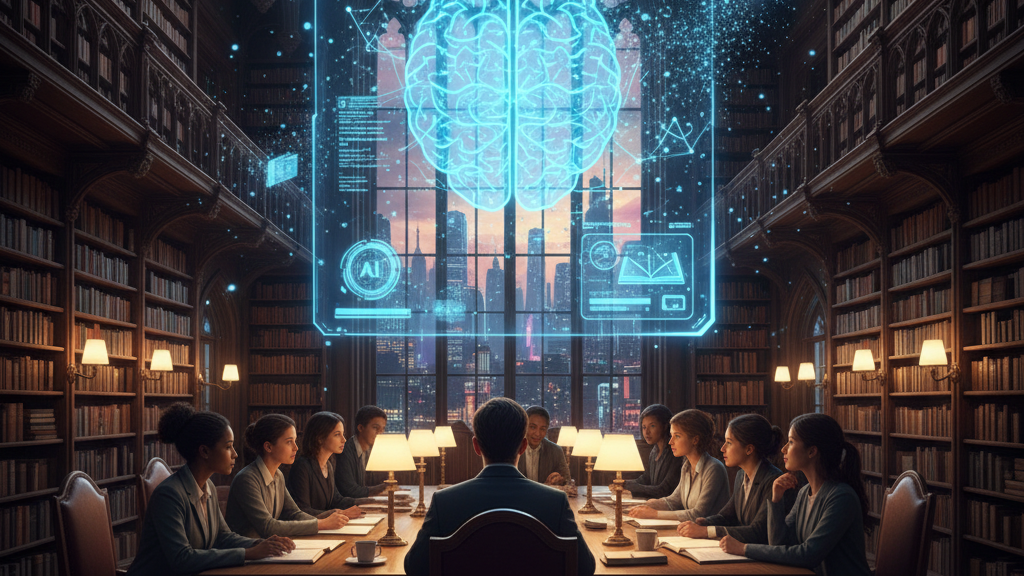
Source
The Walrus
Summary
Robert Gibbs reflects on how universities must adapt in an era where AI and digital tools erode their traditional role as repositories of knowledge. With information universally accessible, the value of higher education lies less in storing facts and more in fostering judgement, interpretation, and critical inquiry. Drawing on experiences at the University of Toronto’s Jackman Humanities Institute, Gibbs argues the humanities’ long tradition of commentary, reflection, and editing can guide universities in cultivating discernment and slow, thoughtful learning. In the face of rapid information flows and AI-driven content, universities must champion practices that value reflection, contextual reading, and intellectual judgement over efficiency.
Key Points
- Universities can no longer justify themselves as mere repositories of information, since knowledge is now widely accessible.
- The mission should shift to developing interpretation, critique, and judgement as central student skills.
- Humanities traditions of commentary, redaction, and reflection offer models for navigating digital and AI contexts.
- Libraries and collaborative digital humanities projects show how to combine old scholarly methods with new technology.
- In an era of speed and distraction, universities should foster slower, deeper reading and writing to cultivate discernment.
Keywords
URL
https://thewalrus.ca/universities-in-the-age-of-ai/
Summary generated by ChatGPT 5

